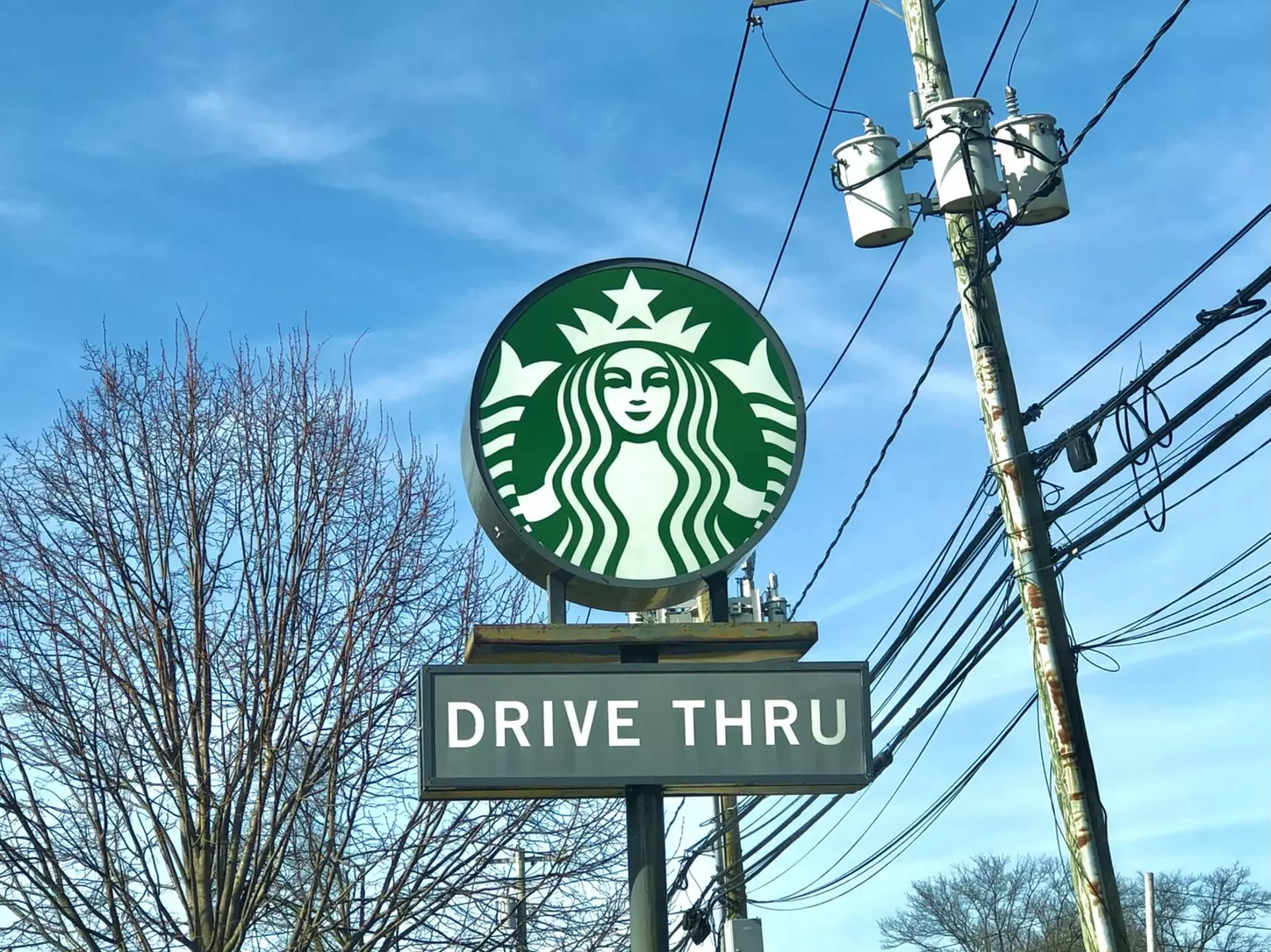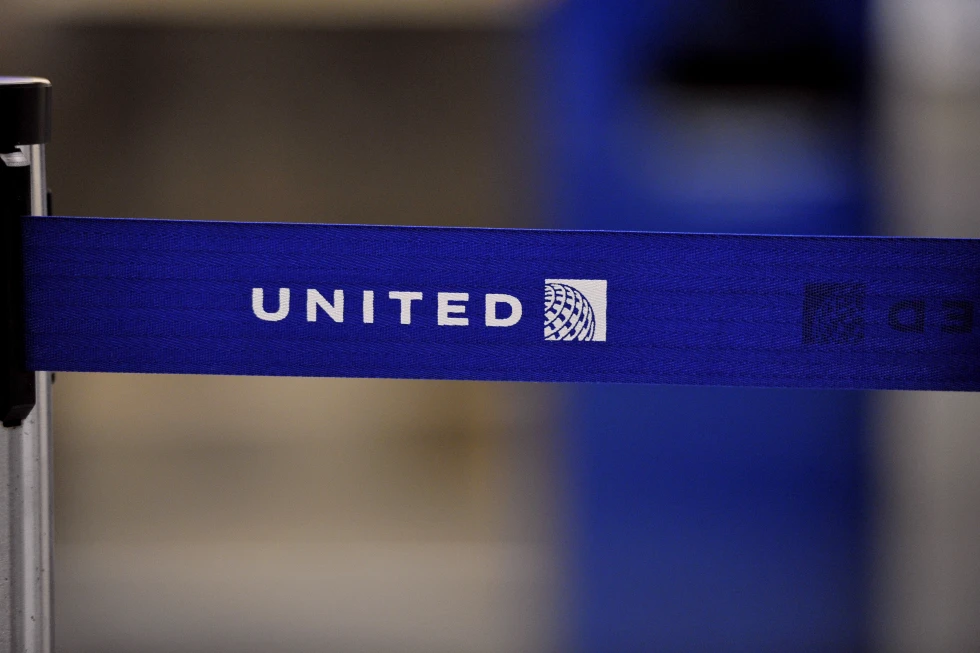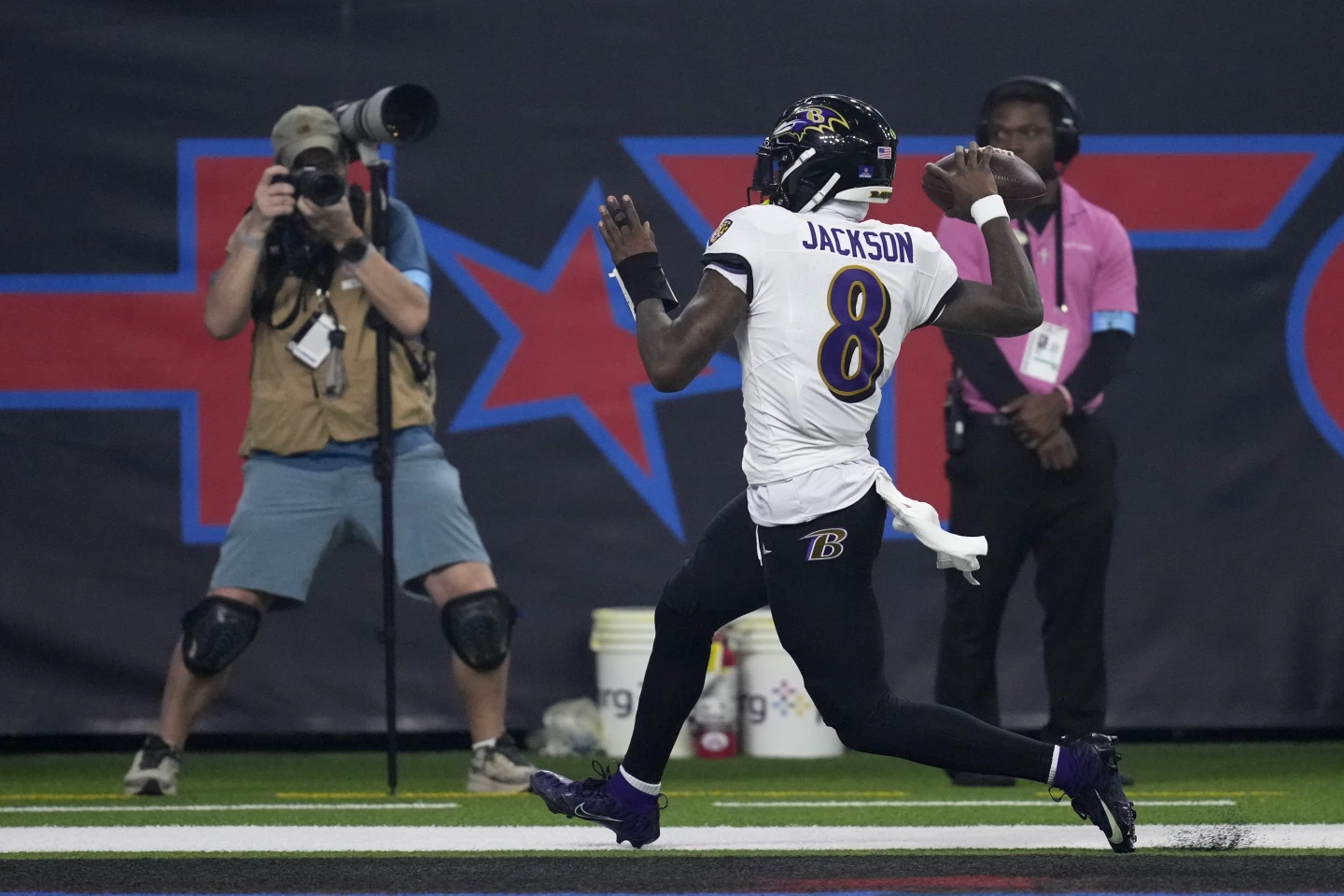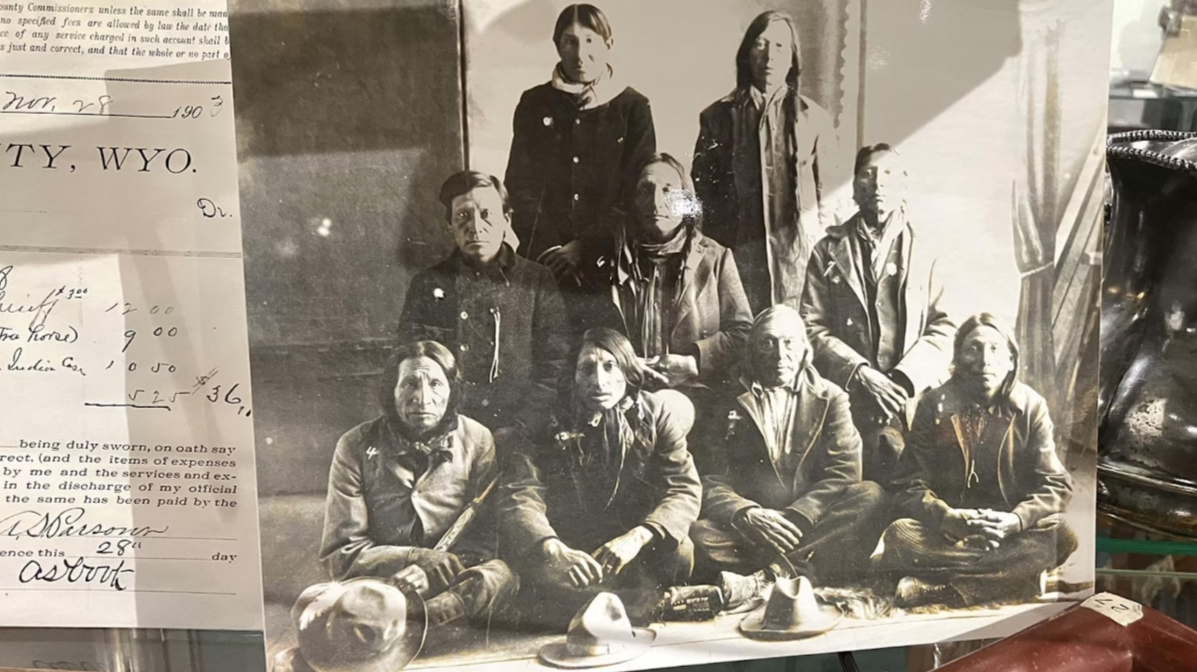A federal judge has thrown a wrench into the Justice Department’s prosecution of Boeing, rejecting a plea deal that would have seen the aerospace giant plead guilty to felony charges related to the 737 Max crashes, The Associated Press reports.
US District Judge Reed O’Connor, in a ruling Thursday, expressed concerns over the inclusion of diversity, equity, and inclusion (DEI) considerations in the selection of an independent monitor to oversee Boeing’s compliance.
The July agreement would have resolved the criminal case stemming from Boeing’s misleading of regulators regarding the 737 Max, which led to two fatal crashes in 2018 and 2019, claiming 346 lives. The deal stipulated a guilty plea and a fine, but Judge O’Connor found the plan’s DEI stipulations unacceptable. He argued that requiring the consideration of race in hiring the monitor could lead to race-based decisions, contravening his view of fair and impartial justice.
The judge’s ruling casts uncertainty over the future of the criminal case. Boeing and the Justice Department have been given 30 days to propose a revised agreement or prepare for a trial. The Justice Department stated it is reviewing the decision, while Boeing has yet to comment.
The rejection of the plea deal is a victory for victims’ families, many of whom had long advocated for a public trial, greater accountability for Boeing officials, and more substantial financial penalties. Their attorney, Paul Cassell, hailed the judge’s decision.
Judge O’Connor’s concerns centered on the process for appointing the independent monitor, who would oversee Boeing’s compliance for three years. He raised objections to both the government’s role in selecting the monitor and the process allowing Boeing to veto candidates. He also pointed out that the selection process involved consideration of race as part of the DOJ’s broader commitment to DEI, an issue that he deemed problematic. The judge clarified his concerns stem not from opposing DEI in principle, but rather from the potential for race to influence the selection of an individual tasked with overseeing an impartial investigation.
The ruling leaves prosecutors in a difficult position. They must consider the potential ramifications of ignoring existing DOJ DEI policy, weighing them against the uncertainties and risks associated with proceeding to trial. Furthermore, the judge questioned the very basis for the government’s claim that Boeing violated a 2021 agreement that previously shielded the company from prosecution. The judge suggested a lack of clear evidence supporting the claim.
This legal setback adds to Boeing’s mounting challenges. The company has faced significant financial losses since 2019, falling behind Airbus in sales, enduring a worker strike, and announcing layoffs. The 737 Max situation, along with other ongoing issues, has severely impacted the company’s stock price and reputation.









